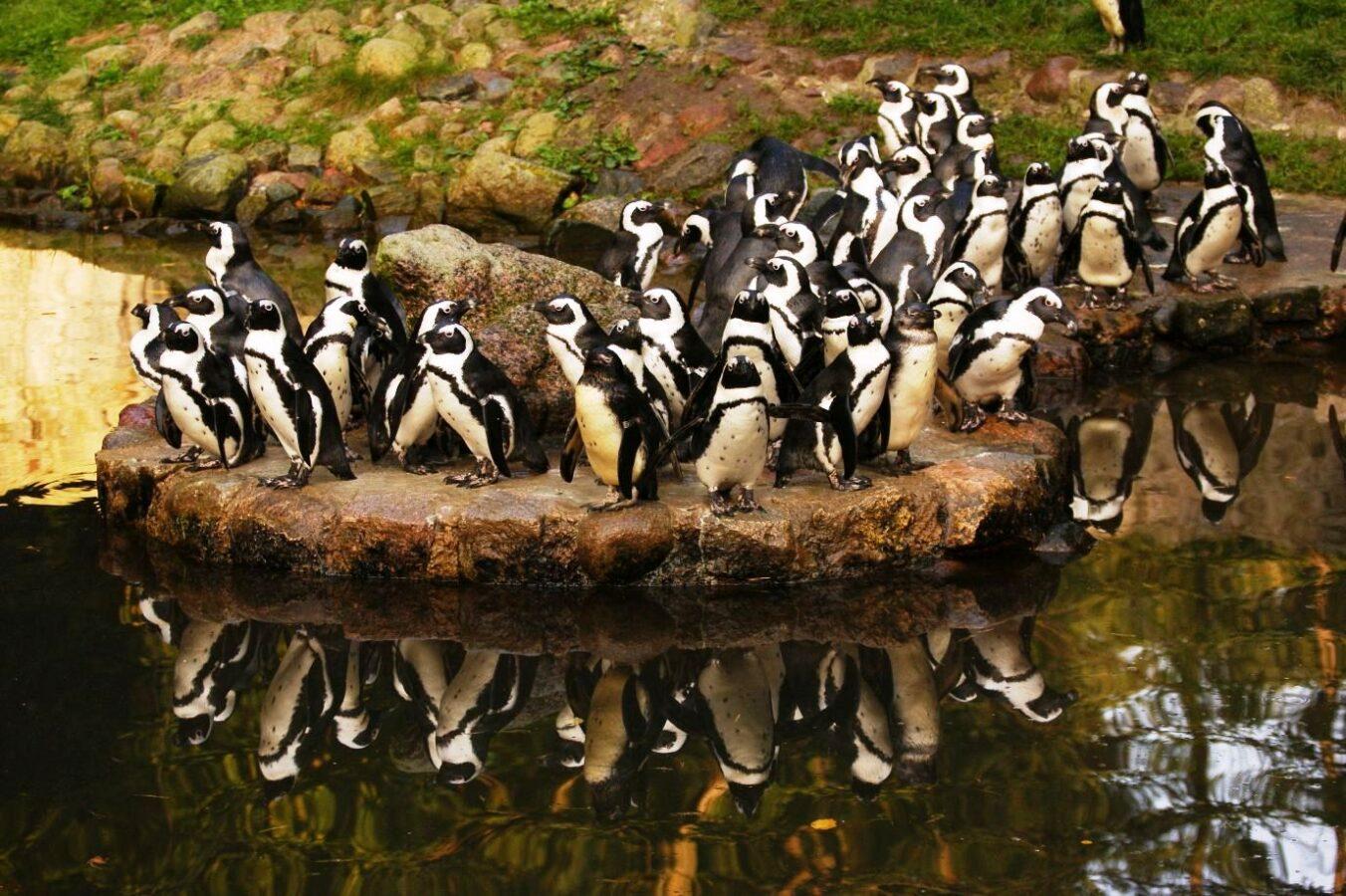The oldest penguin in the world lives in Gdańsk. A symbol of the survival of an endangered species
<br>The Cape penguin named Grandpa, who recently celebrated his 33rd birthday in Gdańsk, is the oldest known penguin of this species in the world. Despite his advanced age, he serves not only as proof of longevity in zoological care but also as a reminder of the ongoing threat to Cape penguins. This remarkable bird is a symbol of conservation for a species on the brink of extinction.
ecology other tricity news31 january 2025 | 12:11 | Source: Gazeta Morska | Prepared by: Kamil Kusier | Print

fot. Gdański Ogród Zoologiczny
The future of the Cape Penguin. A story of survival and conservation
The Cape penguin (Spheniscus demersus) inhabits the coasts of South Africa, living in colonies, though its population has been declining due to numerous threats. "Grandpa," who arrived in Gdańsk from Amsterdam in 1992, is a testament to the success of breeding this endangered species in zoological gardens. His story is not just one of longevity but also of perseverance and efforts to protect this unique group of birds.
Habitat and threats. What lies ahead for Cape Penguins?
The Cape penguin is an endemic species found up to 40 km off the coast of South Africa. It thrives in cold ocean waters, feeding mainly on fish between 50-120 mm in length, along with cephalopods, which are a crucial food source. Younger penguins primarily feed on fry. Their foraging activity at sea varies—they hunt alone, in pairs, or in groups of up to 150 individuals. On land, they remain mainly during breeding and molting seasons, which last about four months.
This species breeds year-round in nesting colonies. Historically, their nests were dug into guano or sand, but changing climate conditions now threaten them. Females typically lay two eggs, incubated by both parents for about 40 days. Penguins begin their first breeding attempts at 4-6 years of age.
Facing extinction: the role of Gdańsk Zoo in conservation
Cape penguins are critically endangered (CR) due to climate change, oil spills, and overfishing. Shifting ocean currents, driven by climate change, force fish to migrate away from nesting sites, making food access increasingly difficult. Rising ocean temperatures also lead to more frequent storms, which destroy nesting habitats.
Grandpa, as the oldest known representative of his species in Europe, serves as a powerful reminder of our responsibility to protect the planet and its wildlife. His life proves that with proper care and conservation efforts, zoological breeding programs can have a tangible impact. It is crucial to remember that Cape penguins, like all endangered species, deserve our attention and support in the fight for their survival.
At 33 years old, Grandpa is a living symbol of hope for this critically endangered species. He has even lived to see grandchildren and great-grandchildren, now residing in Wrocław and the Czech Republic. However, the future of his species still depends on our commitment to protecting the planet and its inhabitants.
Kamil Kusier
redaktor naczelny
gallery
comments
Add the first comment
see also
Winter periscope mode and sandbanks instead of ice: how seals rest in the southern Baltic
Baltic Sea water levels at a record low: a meteorological-oceanographic anomaly with major implications
PLN 15 million allocated for beach nourishment along Poland’s Baltic coast
Dolphins spotted in Szczecin: rare observation near the Pioneers’ Bridge ahead of Christmas
Beka nature reserve: protecting coastal heritage with support from WFOŚiGW Gdańsk
Marina Szafarnia deploys new PortBin through joint business-GOS initiative
The sound of heavy boots: summer season begins at Poland’s Arctowski Station
Bird monitoring confirms low impact of Baltic 2 offshore wind farm on local avifauna
Dead seal washed ashore on Ustka’s western beach. Marine organisations urge public to report, not approach
SG-301 General Józef Haller drills oil spill response off Gdynia
ADVERTISEMENT
ADVERTISEMENT